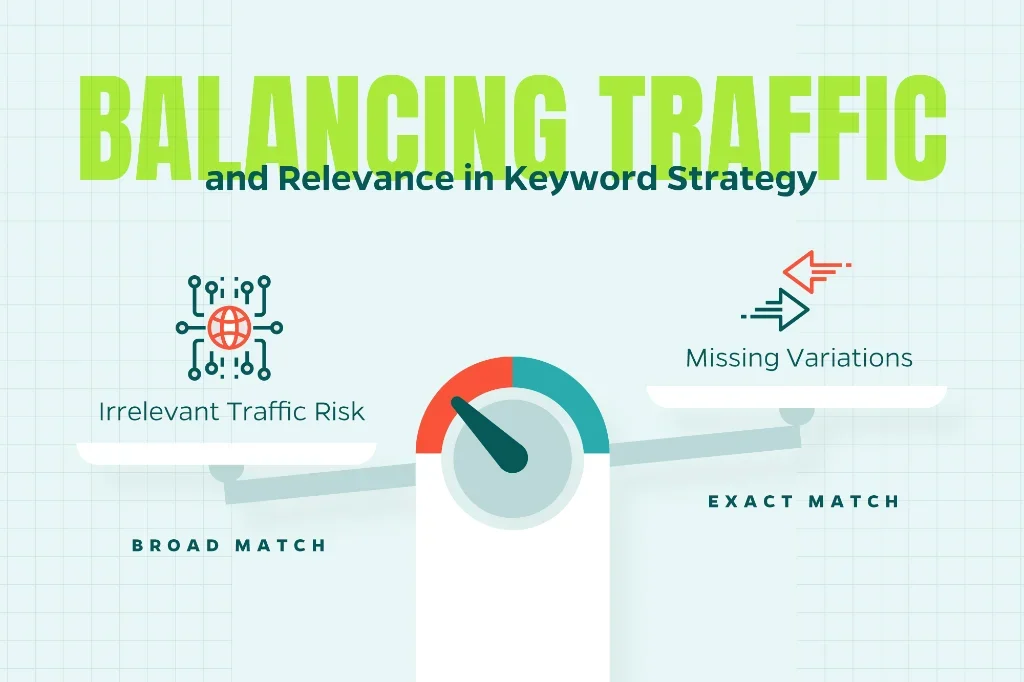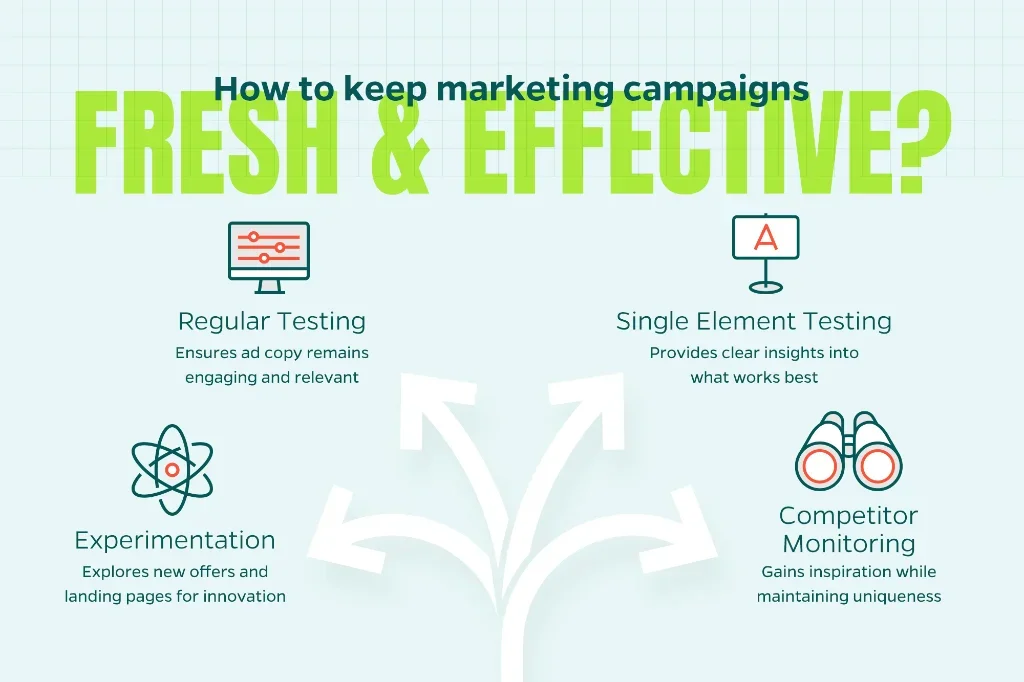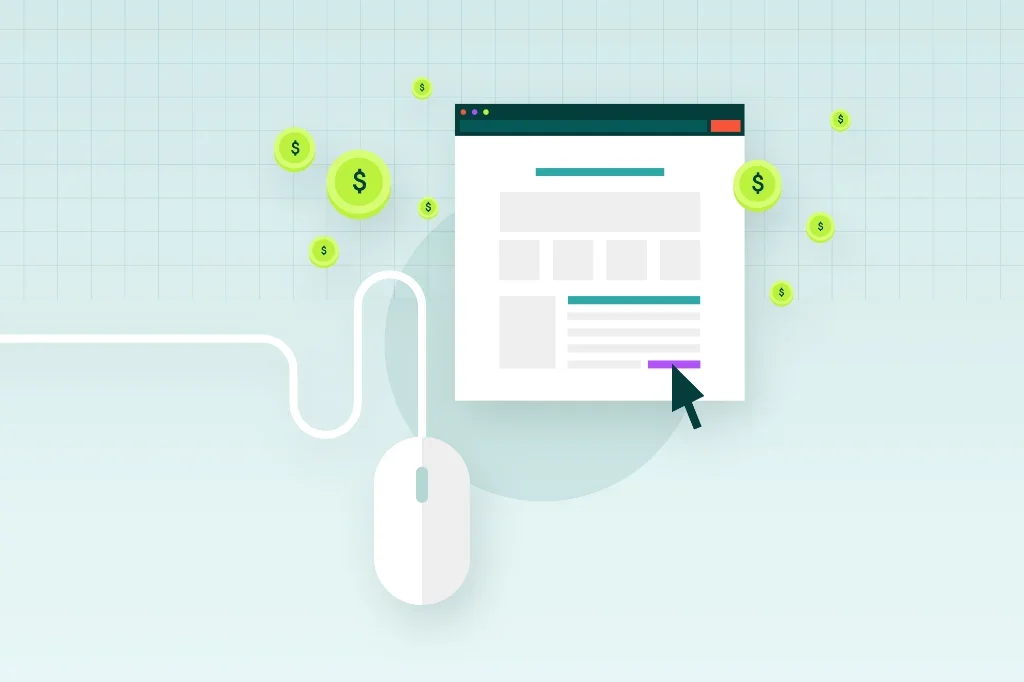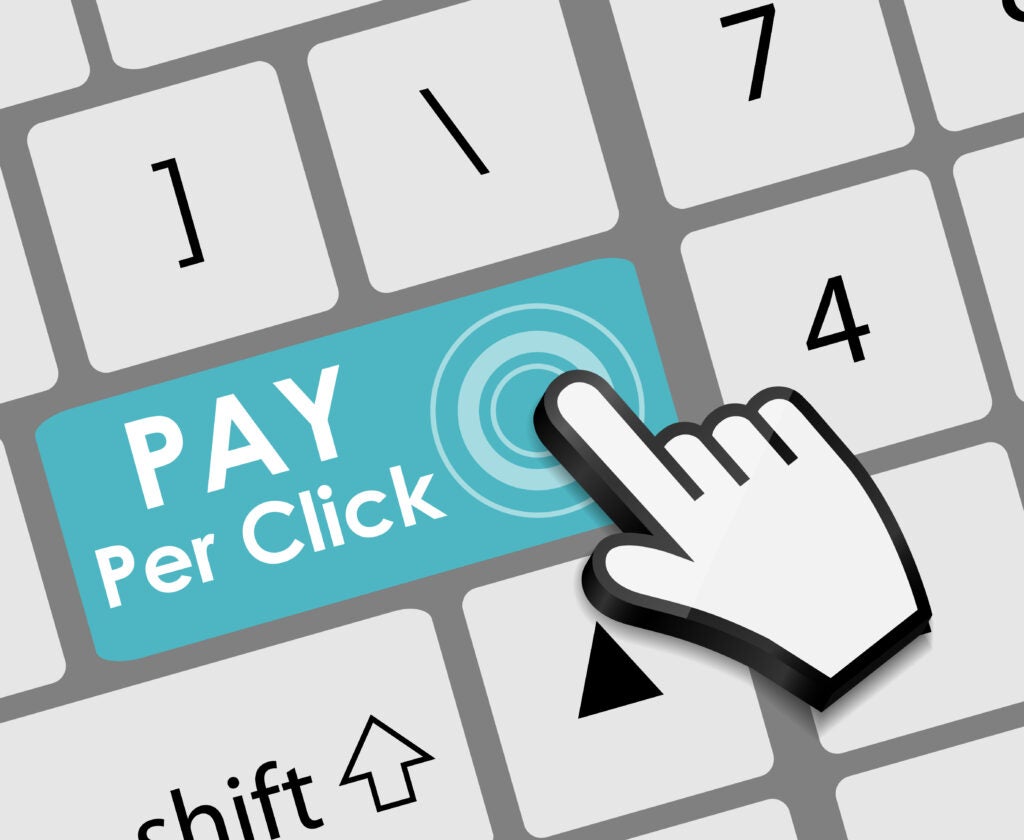Pay Per Click (PPC) advertising puts your brand directly in front of customers who are actively searching for what you offer. It’s immediate, measurable, and can deliver impressive returns.
Yet, PPC can also be unforgiving. We’ve seen businesses burn through thousands of dollars because of easily preventable mistakes.
Fortunately, once you know what to watch for, these pitfalls are completely avoidable. Let’s dive into common yet costly PPC mistakes and how to sidestep them.
1. Targeting Keywords That Sound Right but Convert Wrong
You find a keyword with impressive search volume and think, “This has to work.” But weeks later, you’re staring at plenty of clicks and zero sales. The problem is misunderstanding search intent. “Home workout routines” might seem perfect if you’re selling fitness equipment, but most searchers are just looking for free exercises they can do without buying anything.
How to fix it:
- Focus on commercial intent keywords like “buy adjustable dumbbells” or “best home gym equipment”
- Use negative keywords to block “free,” “DIY,” and “how-to” searches
- Review search term reports weekly to spot wasted spend
- Think like your ideal customer—what would they type when ready to buy?
2. Getting Match Types Completely Wrong
Going all broad match brings irrelevant traffic. Going all exact match means missing valuable variations. Many advertisers pick one extreme and stick with it, missing the sweet spot entirely.
The balanced approach:
- Start with exact match for your proven converting keywords
- Add phrase match to capture related searches with some control
- Use broad match sparingly, only with tight negative keyword lists
- Refine continuously based on search term report data

3. Writing Ads That Sound Like Everyone Else’s
Generic headlines like “Best Quality Services” don’t give searchers any reason to choose you over competitors. Your ad copy is often the first interaction potential customers have with your brand.
How to stand out:
- Lead with specific benefits: “Custom websites that convert visitors into customers”
- Use numbers and specifics: “Won 95% of cases like yours” vs. “experienced lawyers”
- Leverage Ad Assets (Google) or Ad Extensions (Microsoft Advertising) for more prominence and credibility
- Test multiple ad variations—let data decide what resonates
4. Sending Expensive Clicks to Disappointing Pages
Spending $50 to get someone to your website, then greeting them with a confusing page where they can’t find what they’re looking for, wastes your investment. Message mismatch and poor user experience kill conversions.
Landing page essentials:
- Match your ad promise to the page headline
- Keep one clear objective per page
- Optimize for mobile and fast loading speeds
- Make your call-to-action specific and prominent
5. Flying Blind Without Proper Tracking
Without conversion tracking, PPC becomes expensive guesswork. You might spend most of your budget on clicks that generate zero revenue while underinvesting in terms that drive actual sales.
Track what matters:
- Install conversion tracking before spending any money
- Monitor cost per conversion and return on ad spend, not just clicks
- Use enhanced conversions to see the full customer journey
- Connect Google Analytics to your CRM for complete visibility
6. Flying Blind Without Proper Tracking
The “set monthly budget, divide equally, forget about it” approach wastes money. Your best campaigns run out of budget by noon while poor performers spend all day.
Smart budget allocation:
- Allocate based on performance, not equality
- Increase budget for time slots that historically convert well
- Use automated bidding on campaigns with sufficient data
- Plan proactively for seasonal trends
7. Running Stale Campaigns That Put People to Sleep
Ad fatigue hurts performance, but many advertisers run identical ads for months without testing. The most successful PPC advertisers constantly evolve their campaigns.
Keep it fresh:
- Establish regular testing schedules (new ad copy frequently)
- Test one element at a time for clear results
- Experiment beyond headlines—try different offers and landing pages
- Monitor competitor ads for inspiration, but add your unique angle

8. Ignoring Quality Score (And Paying the Price)
Quality Score directly impacts your cost per click and ad visibility. High scores mean lower costs and better positions, yet many advertisers treat it as an afterthought.
Improve Quality Score systematically:
- Create tightly themed ad groups around specific topics
- Include target keywords in your ad copy
- Build dedicated landing pages for important campaigns
- Monitor the three components: expected CTR, ad relevance, landing page experience
9. Treating All Visitors Like Strangers
Focusing only on keyword targeting ignores powerful audience opportunities. Someone who visited your pricing page is much more likely to convert than a first-time visitor, yet many campaigns treat all traffic the same.
Leverage audience data:
- Set up remarketing campaigns immediately
- Create customer match campaigns using your email list
- Use demographic targeting where appropriate
- Exclude converted users from acquisition campaigns
Your Next Steps
The difference between profitable PPC and money-burning campaigns often comes down to avoiding these fundamental mistakes. Start with an honest audit: which mistakes are you making right now? Prioritize fixing the ones costing you the most money first.
Remember that PPC optimization is ongoing, not a one-time setup. The most successful advertisers treat campaigns like any important business system—with regular attention and strategic thinking.
If managing all these details while running your business feels overwhelming, consider working with experienced PPC professionals who can help you avoid costly mistakes while maximizing your advertising investment. Straight North has a proven record of success managing PPC campaigns. Reach out to learn more!








